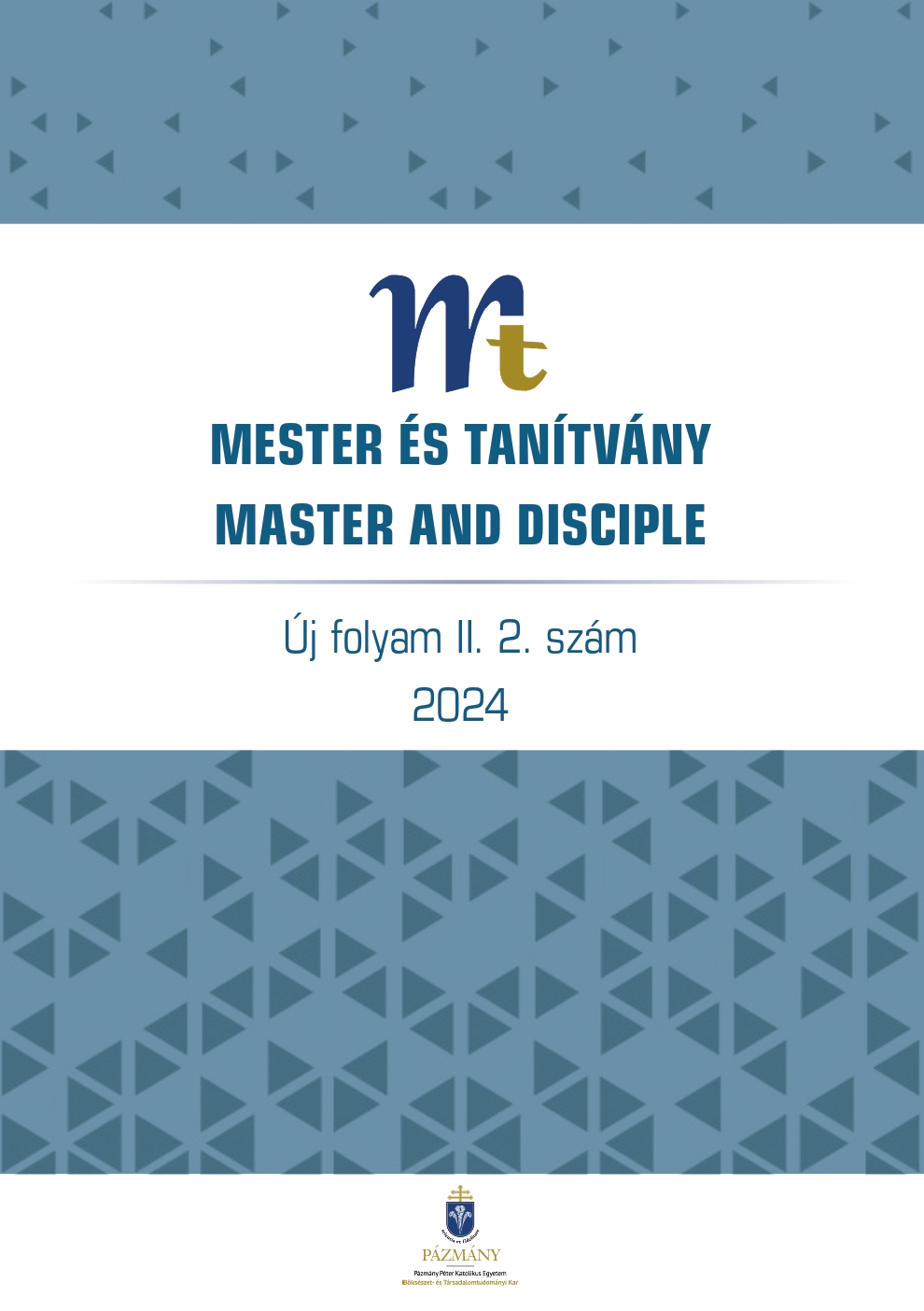The The Importance of the Mentor–Mentee Relationship in Trainee Teachers’ Professional Development
Published 07-01-2025
Copyright (c) 2024 Francis Prescott-Pickup

This work is licensed under a Creative Commons Attribution 4.0 International License.
Abstract
The role of the mentor in the development of a trainee teacher during their teaching practice is a crucial one. As Malderez (2024) points out, the mentor’s role has several aspects, including scaffolding the mentee’s thinking to help them develop effective decision-making, providing a model of professionalism in the classroom, enabling the mentee to understand the relevance of the ideas of others, providing practical advice, and also, introducing the mentee into the profession, in particular in the school in which they are teaching. Moreover, Malderez (2024) underlines the role of the mentor in providing emotional support and supporting the mentee as a person. The present study will look at how the relationship with their mentors affected the experience of 15 teacher trainees of English as a foreign language during their long and short teaching practices. The study relies on in-depth qualitative interviews done online shortly after the trainees had graduated. The interviews lasted around one hour and were transcribed and analysed for theme (Saldana, 2021). The results show not only that the experience of the trainee teachers with their mentors was mixed but also what the trainees themselves were looking for in a mentor. It is hoped that this study can further the understanding of this crucial relationship and perhaps assist both mentors and mentees in the future.
References
- Malderez, A. (2024). Mentoring teachers: Supporting learning, wellbeing and retention. Routledge.
- Patton, M.Q. (2014). Qualitative research & evaluation methods (4th ed.). SAGE.
- Saldana, J. (2021). The coding manual for qualitative researchers (4th ed.). SAGE.


